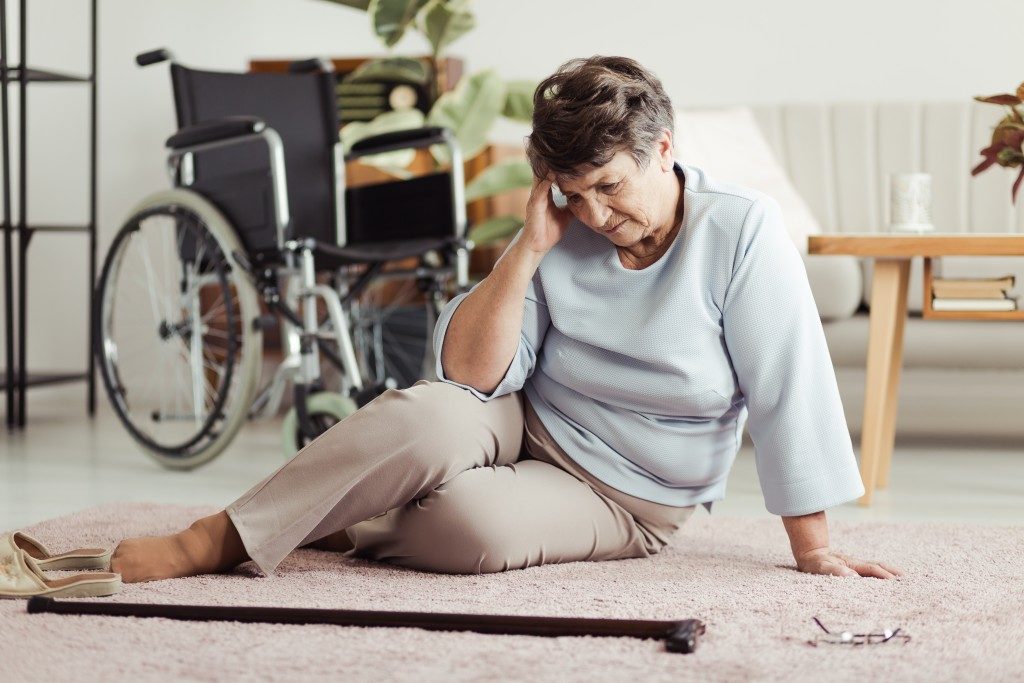For many inhabitants, the topic of improving air quality might seem trivial, but it’s one of the most critical aspects of our home that we have to be mindful of. Think about it: how many hours do you spend inside a building? ;
According to some studies, around 90% of individuals have to stay indoors for an average of approximately 20 – 22 hours in the span of a single day. Since we are staying indoors for the majority of the day, this makes it even more important for us to start improving our home and workplace’s air quality.
Since last year, most homes and business establishments have also been placing a lot of emphasis on air quality. The COVID-19 pandemic has revamped much of how most homes improve air quality. Recent studies have shown COVID-19 transmissions were more prevalent in indoor establishments that were just re-circulating air through their HVAC system. That said, the air that we breathe in inside our homes will have a major influence on our health and well-being.
So what are some ways of improving air quality at home? What are some things that we should avoid when improving air quality? Here’s what you’ll need to know. ;
Indoor Air Quality
Firstly, we have to make air quality a bit more tangible and understandable by having a means of measuring it. Most experts will use Indoor Air Quality (IAQ) to measure how clean the air is for business establishments and residential areas. Many of the factors that influence IAQ are the following:
- The ventilation system that’s present and how air is circulated around the building. ;
- The entrance and exit to air, which includes windows. ;
- HVAC equipment and devices that release chemicals and substances into the air. Some of these chemicals come in the form of formaldehyde.
- Substances and chemicals that are produced by human and animal activity that’s happening indoors.
- Pollutants and chemicals are entering the building.
- Cleaning materials and synthetic substances used for artworks.
With all of these factors in mind, it’s important that we improve the air quality of our home since this will affect the overall health of children.

What Other Chemicals Can Affect Your Home’s Air Quality?
It’s important to note that when chemicals are not properly used, this could lead to problems with health. How these chemicals affect your body will vary, depending on how it’s supposed to be used.
Certain types of chemicals used in air diffusers can cause eyes to dry-up, nasal congestion, nausea, and fatigue, among other symptoms.
So what are some of these chemicals that we should be mindful of? ;
Disinfectants
Disinfectants have been soaring in popularity and demand in the last few months since it can kill viruses and bacteria. Theoretically, the chemicals of these sprays can and aerosol products can also irritate the linings of the lungs since it can break down organic matter in the form of viruses.
Additionally, these disinfectants can release volatile organic compounds. Many reports have pointed out that these chemicals are related to allergy and respiratory problems.
Most experts would suggest performing regular maintenance and getting professional supervision from specialists that are well-versed with ventilation systems. Fortunately, there are duct cleaning services that are known for freeing up the airways of your home. Not only will this remove known allergens at home, but this will also keep airways clean from virulent air-borne agents that can cause problems to the body.
Essential oils
Much of the general population will use air diffuser as a means of making the air more “breathable.”In certain situations, individuals will also light up scented candles so that the air might smell good. Contrary to what most of the public believe, essential the “breathing benefits” of essential oils can cause respiratory problems.
In one study that delves on the effects of popular essential oils on the human body, the following chemicals were present:
1. Carbon dioxide
2. Carbon Monoxide
3. Volative organic compounds
4. Particles that can cause problems to the lungs
5. Anti-microbial activity
While much of these fragrances and devices can help remove bad indoor odor and give the impression that everything will smell better, this will do little to no improvement in your home’s air quality.
Although many individuals just want a cheaper and simpler way of improving air quality, maintaining your home’s HVAC system is one of the best ways of freeing up the airways and drastically improving the air quality. Many homeowners might be put off with having to spend an extra amount of funds just to maintain their ventilation systems, but this is a way better choice than having to spend thousands of dollars in treating respiratory problems caused by poor air quality.




